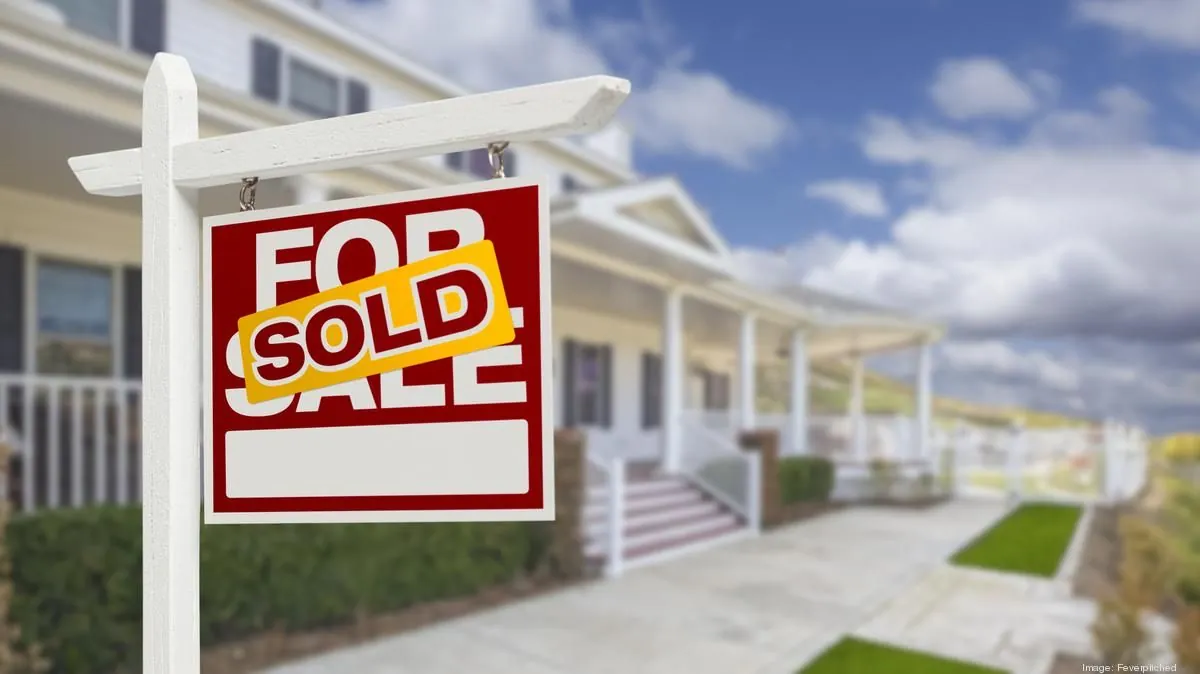Second Home Exodus: Unintended Consequences of Tax Hikes
Record sales of second homes due to tax increases may have unforeseen negative impacts on local economies. The UK's low rate of second-home ownership compared to other countries raises questions about the policy's wisdom.

The landscape of second home ownership in the UK is undergoing a significant transformation. Property owners are divesting their vacation homes at an unprecedented rate, primarily due to escalating council taxes and the looming threat of increased capital gains tax.
Rightmove, a prominent property search engine, has reported a surge in listings across popular holiday destinations such as Cornwall and Norfolk. In Pembrokeshire, Wales, the number of second homes on the market tripled in June following a 200% council tax hike. Similarly, Fife in Scotland has witnessed a 14% decrease in second homes over the past six months.
While local campaigners may view this trend positively, anticipating more affordable housing and stronger local economies, the reality may prove more complex. The exodus of second-home owners could potentially lead to unintended consequences:
- Declining property values
- Closure of local businesses
- Rising unemployment rates

It's worth noting that the UK's second-home ownership rate stands at a mere 3% of the total housing stock. This figure pales in comparison to countries like France, where 10% of properties are second homes, or Norway, boasting over 90 second homes per 1,000 residents.
The current policy approach seems to be driving second-home owners out of the UK market. Local authorities, such as Fife Council, have doubled council taxes on second homes, anticipating increased revenue. However, the actual returns may fall short of expectations as more owners opt to sell.
"We will look at the rate of capital gains tax..."
The situation may be further exacerbated by Rachel Reeves' proposed Budget, which could potentially double capital gains tax rates. This prospect, combined with existing pressures, is prompting many to reconsider their investment in UK holiday properties.
Critics argue that instead of penalizing second-home ownership, the UK should encourage it as a means to improve living standards, foster inter-regional connections, and generate wealth and employment outside major urban centers. They suggest that the country should aim for French or Norwegian levels of second-home ownership, rather than discouraging it through punitive taxation.
As the debate continues, it's clear that the impact of these policies extends beyond the property market. Local economies in areas like Cornwall, Norfolk, and Pembrokeshire may face challenges as businesses that relied on second-home owners and tourists struggle to adapt. The closure of gastro-pubs, gift shops, and other local establishments could potentially transform vibrant communities into economically depressed areas.
In conclusion, while the intention behind these policies may be to address housing affordability, the unintended consequences could prove detrimental to the very communities they aim to protect. As the situation unfolds, it remains to be seen whether the benefits of reduced second-home ownership will outweigh the potential economic losses in affected areas.


































